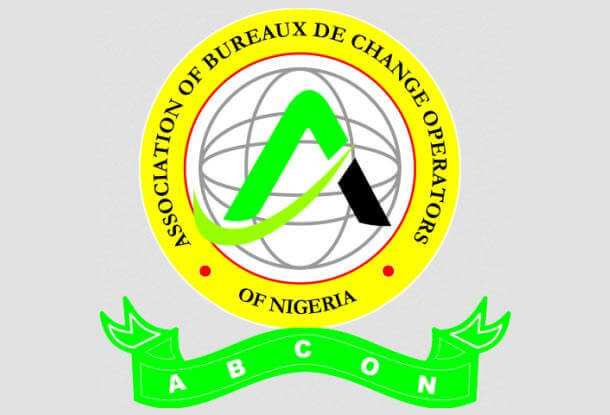Efficiency: Minus for Ali’s reforms as W’Bank ranks Nigeria Customs among 15 lowest
Contrary to preliminary speculations in the presidency and others that the break in rank applied in abandoning the traditional system of appointing Comptroller General of Customs from the system to an external person will end corruption and shore up efficiency, latest World Bank report has proved otherwise.
It would be recalled that since the institution of Nigeria Customs Service (NCS), Col. Hameed Ali (rtd) was the first none carrier Customs personnel appointed by the federal government to oversee activities of the Service since 2015.
The World Bank Connecting to Compete Report 2018 on trade logistics in the global economy, which evaluated the logistic performance of 160 countries, used data gathered through a worldwide survey of logistics professionals on how easy or difficult they experienced trade logistics along six generic dimensions.
The dimensions include customs efficiency and border management clearance, quality of trade and transport-related infrastructure; ease of arranging competitively priced international shipments; competence and quality of logistics services; ability to track and trace consignments; and the frequency with which shipments reach consignees within the scheduled time.
Across all the indicators, Nigeria took the 110th place out of the 160 countries, one of the bottom 50 performers in the world.
According to the report, the bureaucracy and corruption in customs clearance processes have long posed significant challenges to the trading community in Nigeria and views of industry experts in the last few years of Ali’s leadership showed failure in all fronts.
Observers say Hameed Ali can be blamed for accepting to do a job he is not trained for to the detriment of the Service and general failure of the agency no matter the level of revenue generation he may have made for the government.
They also expressed displeasure on how his leadership has placed more emphasis on revenue generation than capacity building of the Service and infrastructural development that will guarantee institutional growth and global competitiveness.
For example, since Hameed Ali took over, he has continued to refurbish, replace or upgrade scanners at ports which are the key infrastructures in the discharge of Customs duties, but nothing has happened. Customs agents who barred their minds with our correspondent averred that one of the critical failures of Customs at ports is the malfunctioning of scanners which is aiding delays in clearance of goods.
Delays in clearance of goods are known for pushing up costs of demurrage suffered by importers and clearing agents.
The report stated that Nigeria has a level of logistics constraints typical of low- and middle-income countries.
Abridged details of the report showed that in terms of customs efficiency, Nigeria emerged 147th, logistics infrastructure, 78th; international shipments, 110th; logistics competence, 112th; tracking and tracing, 92nd; and timeliness, 92nd position.
For the West African sub region, Cote D Ivoire clinched the top position as the best performing country in trade logistics with a global ranking of 50. Benin Republic is next at the 76th position; Ghana, 106th; Nigeria, 110th; Togo, 118th; Gambia, 127th; Liberia, 143; and Sierra Leone, 156th.
World Bank made it clear in the report that “The six LPI indicators are divided into two main categories: areas for policy regulation which indicates main inputs to the supply chain, which includes customs, infrastructure, and services; as well as supply chain performance outcomes, which corresponds to LPI indicators of time, cost, and reliability — timeliness, international shipments, and tracking and tracing.
“Because operators on the ground can best assess the vital aspects of logistics performance, the LPI relies on an online survey of logistics professionals from the companies responsible for moving goods around the world: multinational freight forwarders and the main express carriers.
“Freight forwarders and express carriers are best positioned to assess how countries perform. Their views matter a lot because they directly affect the choice of shipping routes and gateways, thereby influencing the decisions of firms to locate production, chooses suppliers, and select target markets.”
The report listed the bottom 10 countries in the world to include Afghanistan, Angola, Burundi, Niger, Sierra Leone, Eritrea, Libya, Haiti, Zimbabwe and Central African Republic.
“These are either fragile economies affected by armed conflict, natural disasters, and political unrest or landlocked countries naturally challenged by geography or economies of scale in connecting to global supply chains,” World Bank averred.









